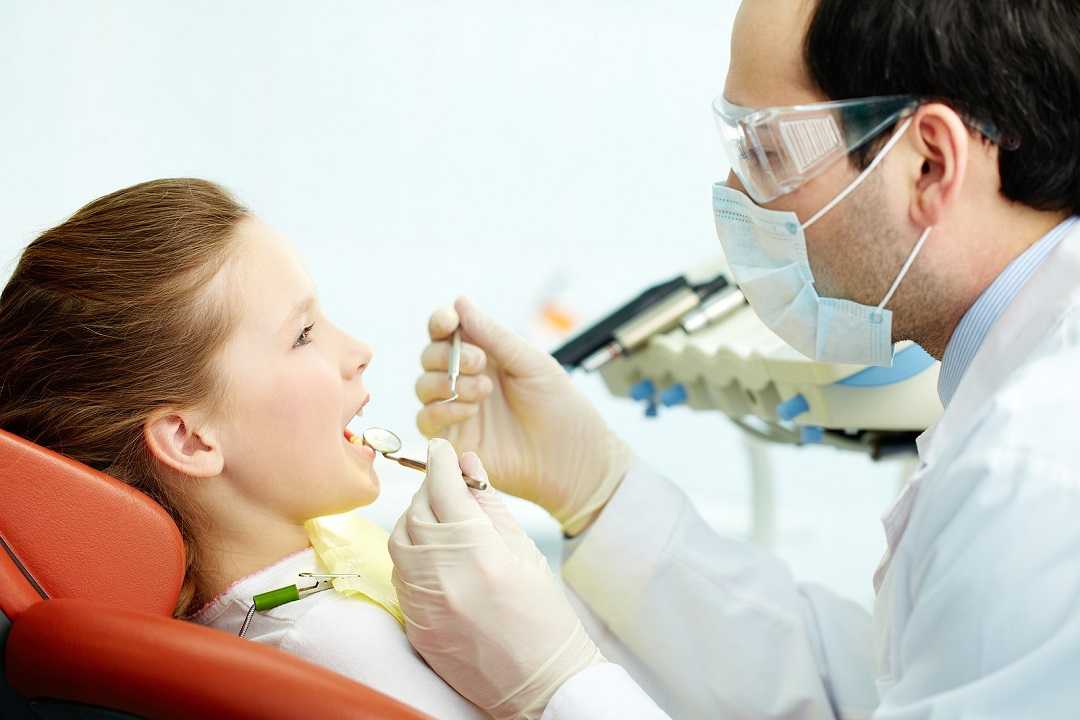Pregnancy affects almost every aspect of a woman’s health and changes in hormone levels increase the risk of oral health issues. As an expectant mother, the best thing to do is to nurture and maintain your dental and general health. Eating a balanced diet that provides you and the baby with calcium, phosphorus and other vitamins and minerals is important for your baby’s teeth and bones.
Hormones can sometimes make your gums swell during pregnancy. Inflammation of the gums, or gingivitis, is especially common during the second through the eighth month. The American Pregnancy Association recommends being proactive and consulting with your dentist, who might recommend more frequent cleanings until your baby is born.
Occasionally, non-cancerous localized growths or swelling of gum tissue, (“pregnancy tumors”), appear on the gums during the second trimester. These are believed to be related to excess plaque so it’s especially important to maintain a high level of oral hygiene during pregnancy. Studies have indicated that pregnant women who have periodontal (gum) disease may be at a higher risk for preterm birth and low birth weight.
A common part of pregnancy, morning sickness, can also result in problems with dental health because the acid from your stomach can contribute to tooth erosion, according to the American Congress of Obstetricians and Gynecologists (ACOG). Suffering from heartburn or acid reflux during your pregnancy can have the same effect on your teeth.
While it’s tempting to brush your teeth immediately after a bout of morning sickness, protecting the enamel with a rinse of baking soda and water afterward is the best. Baking soda helps to neutralize the acid from your stomach and will help wash away harmful residue.
The old wives tale to “expect a lost tooth for every baby,” is thankfully false, but pregnancy does require extra attention to calcium and vitamin D consumption. Increasing the daily intake of calcium during pregnancy is helpful for protecting bone mass during pregnancy, and vitamin D helps the body utilize calcium efficiently.
To keep your mouth (and baby) healthy during pregnancy, be sure to let your dentist know you’re expecting as soon as you can. They may need to adjust treatments or medications, like postponing procedures until after the baby is born to avoid taking risks. According to the American Pregnancy Association, the second trimester is often the ideal time to have minor dental work performed, such as having a cavity filled, or a professional cleaning, if needed.
Seeing your dentist for a cleaning is safe while you are pregnant and the ACOG encourages it and recommends that OB/GYNs work with patients and their dentists to ensure that every pregnancy is a safe and healthy one.
You can save money on all of your dental care for your entire family with American Dental Group (ADG) . A family-owned, Colorado company ADG partners with independent, hometown dentists to save our members money while ensuring they receive the best dental care available.
With no age restrictions, no waiting periods and no annual maximum benefits, ADG members not only save money, but also have more control over their dental care.
Call now and see how an ADG membership can help you.
1-800-633-3010









